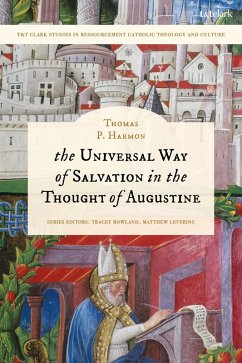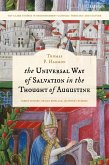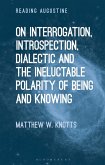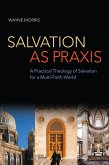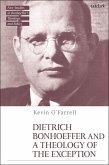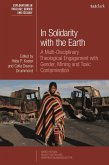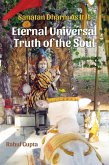This work examines Augustine's critique of his Roman predecessors to reveal key aspects of Christ's mediation of the universal way of salvation. Porphyry of Tyre had noticed that Christianity can make a claim that pagan religion and pagan philosophy cannot: that all types of human being can be saved through the one salvific action of Christ mediated sacramentally through the one Catholic Church. Augustine's response to Porphyry is grounded firmly on Christology, especially on what Augustine sees to be the unique act of Christ as mediator, based in turn on Christ's unique position as true God and true man, which in turn is capable of healing the whole man and, by healing the whole man, also healing each of the parts of the soul. Christ himself, as concretely universal, is capable of saving each and any type of human being, no matter which part of the soul rules within him, Augustine counters, which is not a claim his pagan interlocutors can replicate.
In addition to careful considerations of ancient authors like Plato, Cicero, Varro, and Porphyry, this book also ranges through Plutarch, Shakespeare, and contemporary political thinkers like Pierre Manent and Leo Strauss; scholars of religion such as Michael Bland Simmons, theologians such as Erik Peterson and Ernest L. Fortin, as well as well-known Augustine scholars such as James Wetzel, G.R. Evans, John Cavadini, Robert Dodaro, Mary Keys, Michael Foley, Rowan Williams, Oliver O'Donovan, John Rist, and many others.
In addition to careful considerations of ancient authors like Plato, Cicero, Varro, and Porphyry, this book also ranges through Plutarch, Shakespeare, and contemporary political thinkers like Pierre Manent and Leo Strauss; scholars of religion such as Michael Bland Simmons, theologians such as Erik Peterson and Ernest L. Fortin, as well as well-known Augustine scholars such as James Wetzel, G.R. Evans, John Cavadini, Robert Dodaro, Mary Keys, Michael Foley, Rowan Williams, Oliver O'Donovan, John Rist, and many others.

